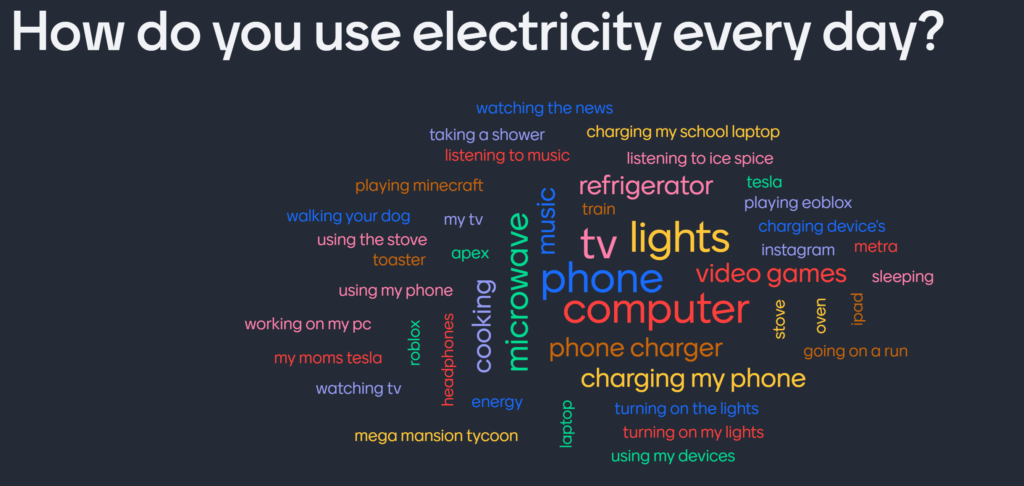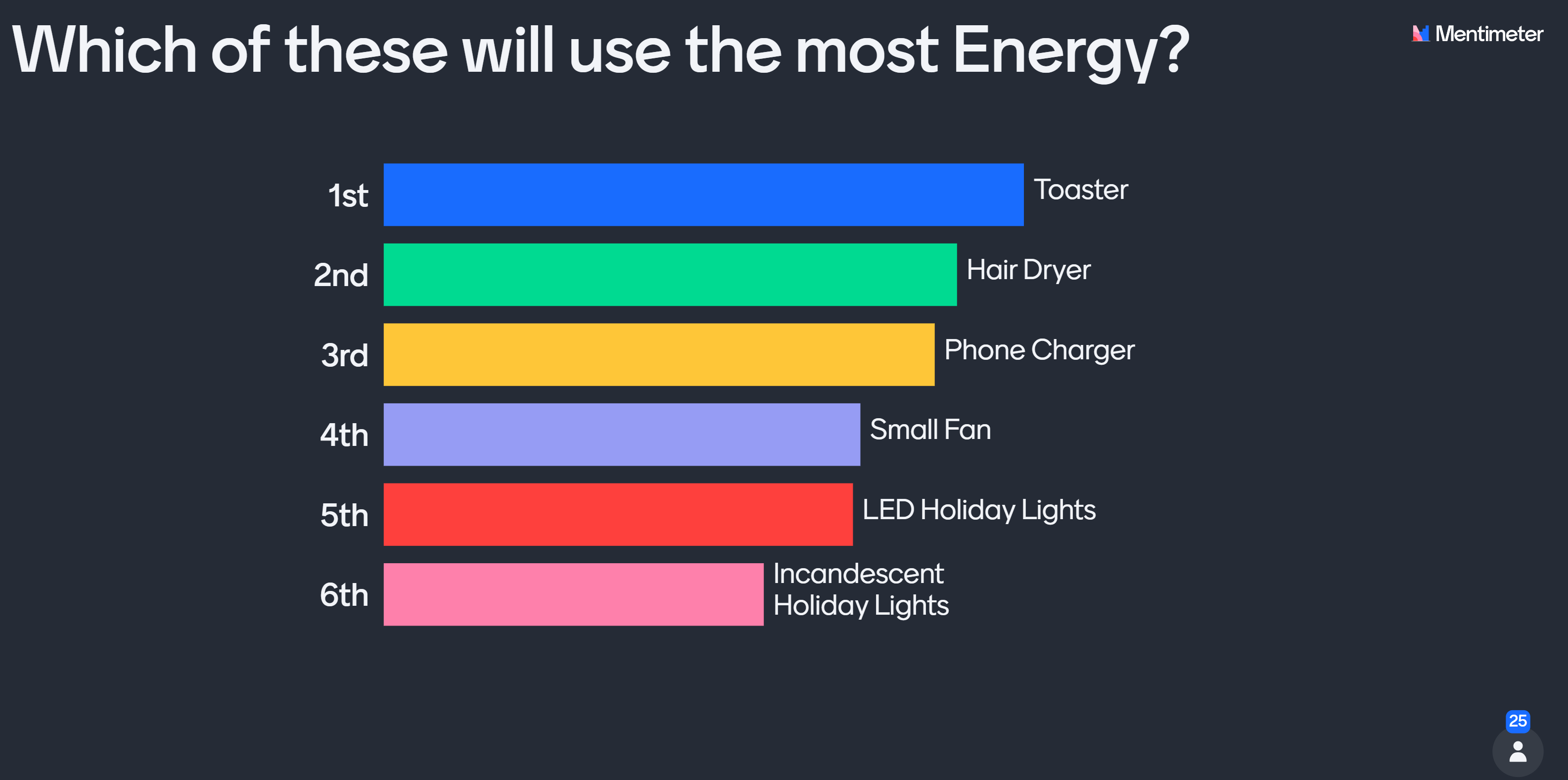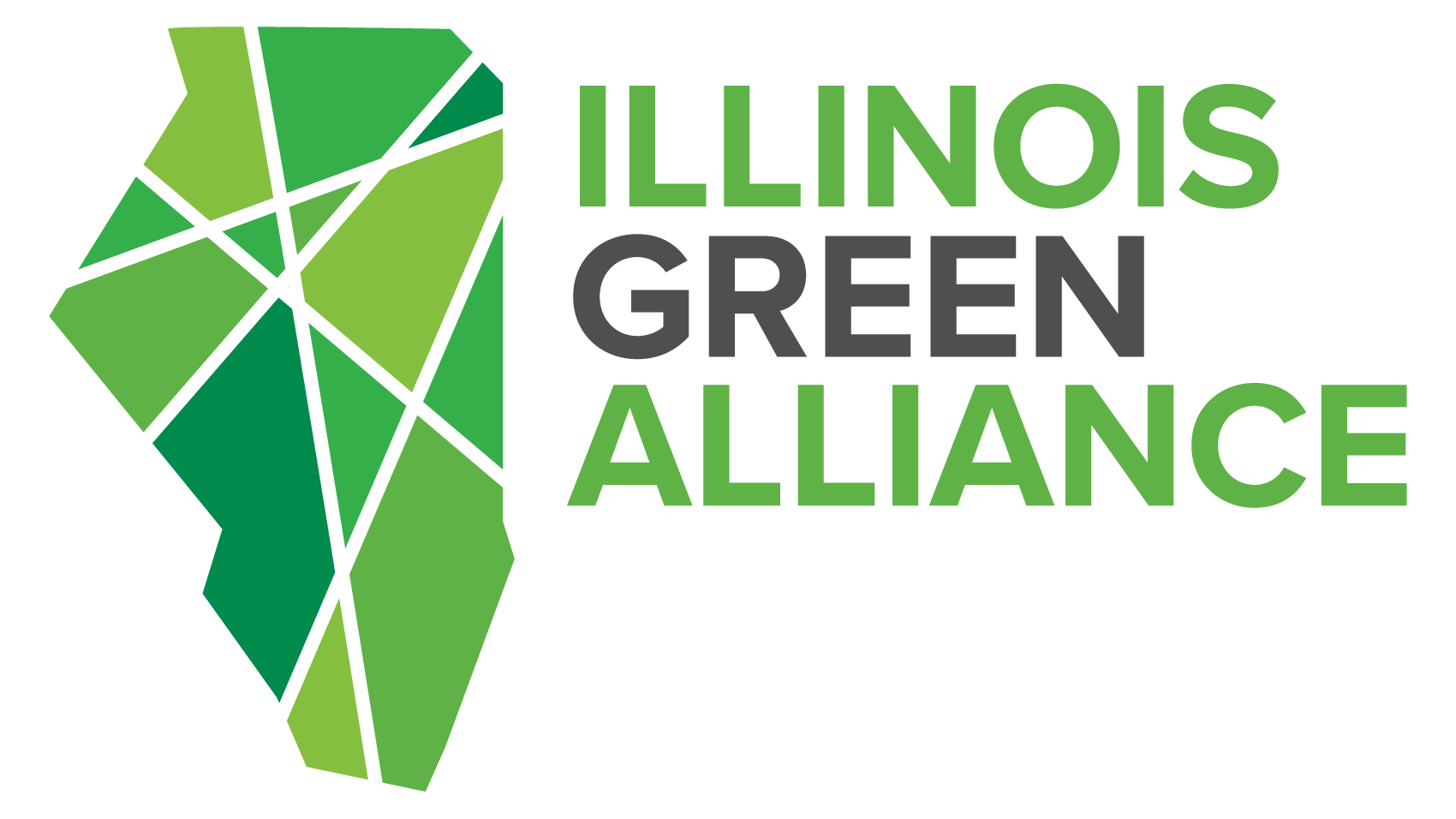
Global Citizenship Experience Lab School: Sustainability Monitoring & Energy in the Built Environment
- Project Type: Path to Net Zero, Energy, Indoor Environmental Quality, Water Conservation
- Students: 50
- Staff: 4
- Mentor: Dan Mikovitz, Kyle Cepeda, and Tyler Brooks — ARUP
- Location: Chicago, IL
- Grade Levels: 9th, 11th
The Project
As a participant in the 2022-23 cohort of the Illinois Green Schools Project, the Global Citizenship Experience Lab School in downtown Chicago partnered with Illinois Green volunteer mentors from Arup to review their current infrastructure and future ambitions for sustainability monitoring of power, air quality, and water in their classrooms. This data will be used to provide students with hands-on experience using real-world data to learn about resource efficiency in their everyday lives. These metering systems will also provide the school with a platform to demonstrate commitment to the U.N. Sustainability Goals.
Arup partnered specifically with the GCE Lab School's Energy and Urban Planning courses to guest lecture on energy in the built environment, collaborate with the course instructors to insert relevant sustainability topics into their courses, and be a resource for students on careers in engineering and sustainability.
The Process:
- On-going correspondence with school leadership and teachers for Energy and Urban Planning courses to proactively brainstorm partnership activities that will integrate with the school's current curriculum.
- Developing learning content centered around building energy and sustainability which can be presented to students to build upon existing course materials.
- Visit the school's Energy and Urban planning classes to discuss energy efficiency with students and present ourselves as resources for student development.
- Collaborate with teachers to provide feedback on how built-environment sustainability topics can be integrated into their courses long- term.
- Meet in-person with school leadership and teachers to discuss goals for sustainability monitoring (power, air quality, and water) and steps for implementing such systems in the school.
- Compile technical expertise to provide general guidelines and recommendations to school leadership related to sustainability monitoring systems at the school.

Outcomes & Project Highlights:
GCE Lab School was awarded an Illinois Green Schools Project mini-grant to purchase classroom plug-in power meters and partially fund purchase and integration of sustainability monitoring sensors for the school.
Collaboration highlights between the Green Schools Mentors + GCE Lab School include:
- Arup engineers guest lectured on power consumption with the school's Energy class
- Including interactive demonstration of plug-in power meter and common appliances (phone charger, hair dryer, toaster, etc.)
- Provided information to class instructor related to Battery Energy Storage Systems (BESS) and how to integrate intocurriculum, including Shedd Aquarium's BESS as an example
- Helped school leadership develop goals and implementation plan for school-wide monitoring of sustainability metrics, including:
- Evaluation of power metering solutions for the school's power distribution system
- Options for cost-effective air quality monitoring across classrooms
- Research on existing building water metering devices and capability for data extraction to a centralized dashboard
- Scheduled guest lecture and project engagement with Urban Planning class and the associated 'model home' building project
- Partnership is planned to include mini solar panels that can be applied to the student's model homes to educate on renewable energy application.
What’s Next:
GCE Lab School plans to purchase multiple plug-in power meters for future classroom demonstrations on power consumption. In addition, they plan to evaluate the cost & feasibility of electricity meter installation on main panelboard serving the school to provide metrics for school power consumption, as well as an air quality sensor installation to record & display data that students can use to monitor air quality in the school spaces.
A central dashboard of school sustainability metrics is planned. Data from these systems will be allow students to visualize resource consumption in their daily routines and throughout their school, while also teaching them concepts related to sustainability in the built environment.
In the long term, the school-wide metering platforms will set a clear example of the GCE Lab School's commitment to sustainable operations. These systems will give the school a baseline to improve upon and credibility for grant applications to fund future sustainable infrastructure initiatives, while simultaneously giving instructors a tangible data source to teach students about energy consumption in their own lives and at the building scale.
